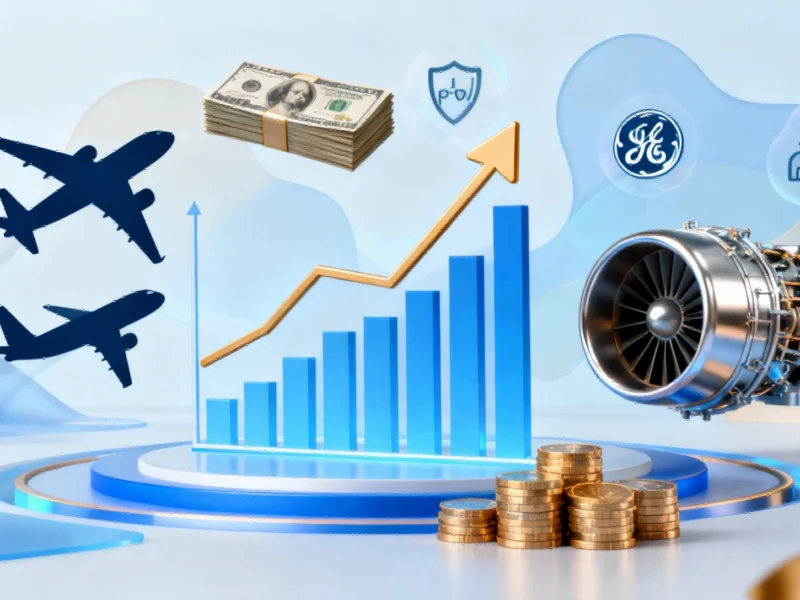The Changing Face of Ransomware Threats
While ransomware attacks have decreased in frequency, their financial impact has reached unprecedented levels. According to ExtraHop’s 2025 Global Threat Landscape Report, the average ransomware payment has skyrocketed to $3.6 million, representing a dramatic 44% increase from the previous year’s $2.5 million average. This alarming trend reveals a fundamental shift in cybercriminal strategy toward more targeted, high-value operations.
Table of Contents
Quality Over Quantity: The New Criminal Calculus
The data reveals a sophisticated evolution in attacker methodology. Organizations reported an average of five to six ransomware incidents over the past year, approximately 25% fewer than in 2024. However, the reduced volume belies a more dangerous reality: cybercriminals are focusing their efforts on fewer, more carefully selected targets to maximize financial returns and operational impact.
“The combination of sophisticated attackers and a broader attack surface is a dangerous one,” ExtraHop researchers noted. “It makes attacks harder to detect and gives criminals a significant head start.”, according to related coverage
Sector-Specific Vulnerabilities and Financial Impact
The financial burden of ransomware is not distributed equally across industries. The report highlights particularly devastating impacts on critical infrastructure sectors:
- Healthcare and government agencies faced the highest payouts at nearly $7.5 million per incident
- Financial institutions averaged $3.8 million per ransomware event
- Seventy percent of affected organizations ultimately paid the demanded ransom
The Expanding Attack Surface
Modern digital infrastructure has created new vulnerabilities that attackers are eagerly exploiting. The study identified three primary sources of cybersecurity risk that are complicating defense efforts:
- Public cloud infrastructure (53.8% of reported risks)
- Third-party integrations (43.7%)
- Generative AI applications (41.9%)
These interconnected systems create complex security challenges that extend beyond traditional organizational boundaries, providing attackers with multiple entry points and lateral movement opportunities., according to market developments
Dominant Threat Actors and Their Evolving Tactics
The ransomware landscape continues to be dominated by sophisticated criminal enterprises, with groups like RansomHub, LockBit, and DarkSide refining their methods to increase leverage over victims. These organizations operate with business-like discipline, conducting extensive reconnaissance and tailoring their attacks to specific targets for maximum effectiveness., as as previously reported
This strategic shift toward precision targeting represents a maturation of the ransomware economy, where criminals are optimizing their operations for profitability rather than volume. As organizations continue to digitize their operations and embrace new technologies, understanding these evolving threats becomes increasingly critical for effective cybersecurity planning.
Related Articles You May Find Interesting
- The AI Shopping Revolution: Why Retailers’ Data Infrastructure Is Their Make-or-
- Pennsylvania to See Major Energy Storage Boost with New $75M Battery Facility
- Market Momentum Builds as iPhone 17 Outshines Predecessor, Credit Concerns Linge
- Strategic Merger: Dataminr’s $290M ThreatConnect Purchase Reshapes AI Cybersecur
- The AI Shopping Revolution: How ChatGPT is Reshaping Retail Dynamics
This article aggregates information from publicly available sources. All trademarks and copyrights belong to their respective owners.
Note: Featured image is for illustrative purposes only and does not represent any specific product, service, or entity mentioned in this article.



